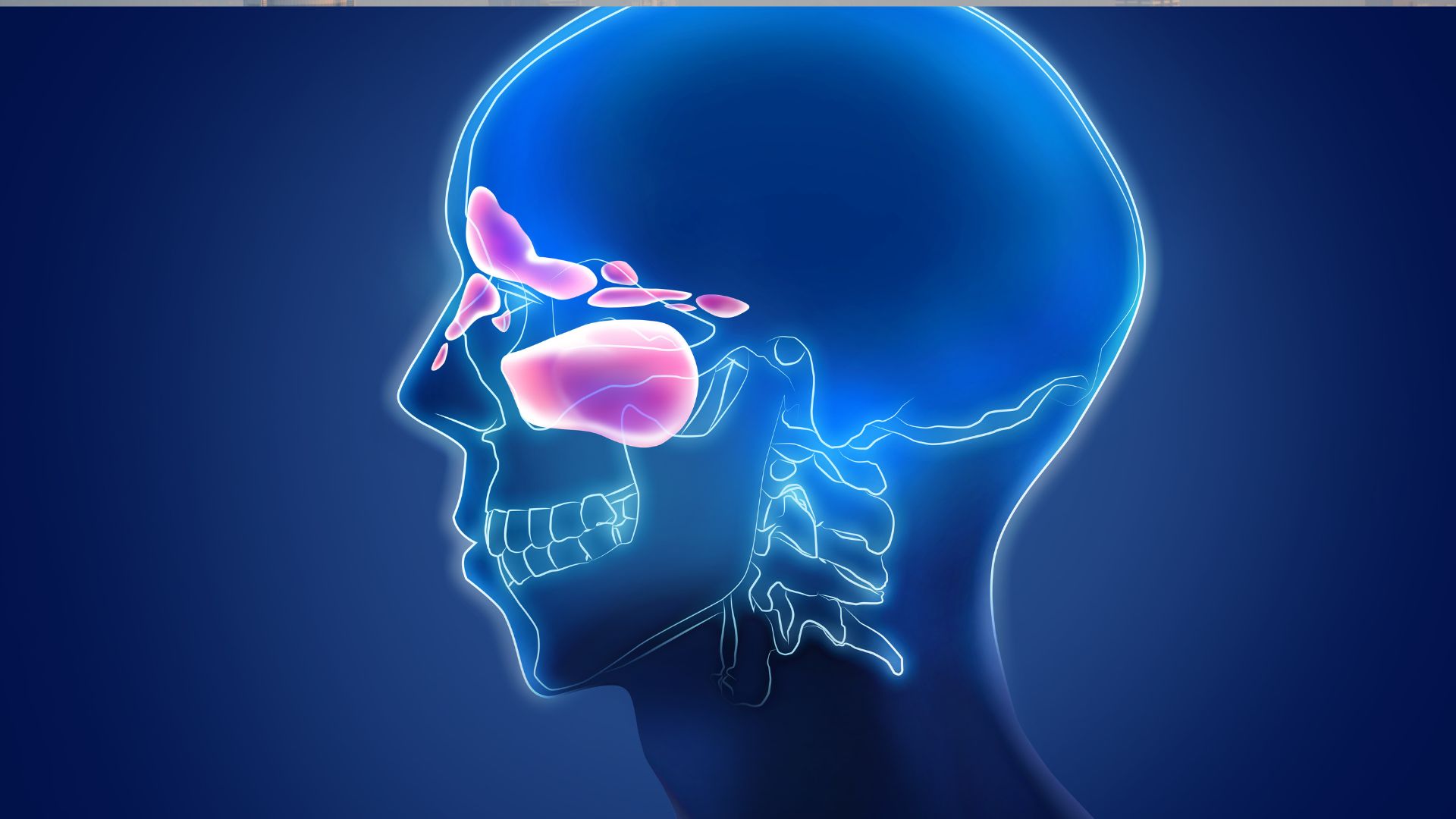Vertigo and dizziness can significantly impact one’s quality of life, leading to discomfort and disruption in daily activities. As an ENT surgeon, I understand the challenges individuals face when dealing with these symptoms. Here are some practical tips to help manage vertigo and dizziness effectively.
Understanding Vertigo and Dizziness
Vertigo is a sensation of spinning or dizziness that occurs due to issues in the inner ear or brain. Dizziness, on the other hand, refers to a feeling of lightheadedness or unsteadiness. It’s essential to differentiate between the two to determine the underlying cause accurately.
Causes of Vertigo and Dizziness
Various factors can contribute to vertigo and dizziness, including inner ear disorders like benign paroxysmal positional vertigo (BPPV), vestibular neuritis, Meniere’s disease, and labyrinthitis. Central nervous system issues, such as migraines and stroke, can also lead to these symptoms. Additionally, certain medications and other medical conditions may trigger vertigo and dizziness.
Symptoms of Vertigo and Dizziness
Symptoms of vertigo and dizziness may vary from person to person but commonly include nausea, vomiting, balance problems, hearing loss, and headaches. Recognizing these symptoms is crucial for timely intervention and management.
Diagnosis of Vertigo and Dizziness
Diagnosing vertigo and dizziness involves a comprehensive evaluation, including a detailed medical history, physical examination, and specific diagnostic tests like electronystagmography (ENG) and magnetic resonance imaging (MRI) scans.
Tips for Managing Vertigo and Dizziness
Lifestyle Modifications
Making lifestyle changes can help alleviate vertigo and dizziness symptoms. Avoiding sudden movements, staying hydrated, and getting an adequate amount of sleep are essential. Moreover, minimizing stress and anxiety through relaxation techniques like yoga or meditation can be beneficial.
Dietary Changes
Certain dietary modifications can contribute to symptom relief. For instance, reducing salt intake can help manage fluid retention in the inner ear, which is beneficial for individuals with Meniere’s disease. Additionally, avoiding caffeine and alcohol may reduce the frequency and severity of vertigo attacks.
Vestibular Rehabilitation
Vestibular rehabilitation exercises aim to improve balance and reduce dizziness by promoting central nervous system compensation for inner ear deficits. These exercises are customized based on individual needs and may include gaze stabilization, habituation, and balance training.
Medications
In some cases, medications may be prescribed to alleviate vertigo and dizziness symptoms. These medications may include vestibular suppressants, antiemetics, and corticosteroids. It’s essential to consult a healthcare professional before starting any medication regimen.
Surgical Options
In severe cases of vertigo and dizziness that do not respond to conservative treatments, surgical interventions may be considered. Procedures like endolymphatic sac decompression, vestibular nerve section, or labyrinthectomy may be recommended after careful evaluation by a specialist.
Coping Strategies and Support
Dealing with vertigo and dizziness can be challenging, both physically and emotionally. It’s essential to seek support from healthcare professionals, family members, and support groups. Counseling or therapy may also help individuals cope with the psychological impact of these symptoms.
Conclusion
In conclusion, managing vertigo and dizziness requires a multidisciplinary approach involving lifestyle modifications, medical interventions, and emotional support. By following these tips and working closely with healthcare professionals, individuals can effectively manage their symptoms and improve their quality of life.
FAQs
- Can vertigo and dizziness be cured completely? Vertigo and dizziness can often be managed effectively with proper treatment and lifestyle adjustments. However, the underlying cause may determine the extent of symptom relief.
- Are there any home remedies for vertigo? While certain home remedies like ginger or peppermint tea may provide temporary relief from symptoms, it’s essential to consult a healthcare professional for a proper diagnosis and treatment plan.
- Can stress trigger vertigo attacks? Yes, stress and anxiety can exacerbate vertigo symptoms in some individuals. Practicing stress management techniques like deep breathing or mindfulness meditation may help reduce the frequency and severity of attacks.
- Is vertigo a sign of a serious medical condition? Vertigo can be a symptom of various medical conditions, some of which may require prompt medical attention. It’s crucial to consult a healthcare professional for a thorough evaluation if experiencing recurrent or severe vertigo episodes.
- How long do vertigo episodes typically last? The duration of vertigo episodes can vary depending on the underlying cause and individual factors. Some episodes may last a few seconds to minutes, while others may persist for hours or days
About Author:
Dr. Vivek Kumar Pathak: Renowned ENT Surgeon, Senior Professor, and Founder.
Dr. Pathak, ENT surgeon at Kailash Hospital, Senior ENT Professor at Sharda University, and founder of Entegrity Care, brings expertise and innovation to healthcare. Discover the visionary behind Doxtreat Healthcare, shaping the future of ENT care.
Website www.drvivekpathak.com
Call +917838450942
WhatsApp +91 78384 50942
Book an appointment with Dr. Vivek kumar Pathak by filling the form.


